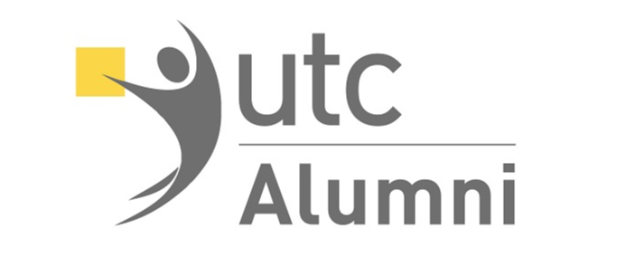Témoignage UTCéen : AI for Health 2022 - An optimistic overview of innovation in healthcare
 AI for Health 2022 - An optimistic overview of innovation in healthcare
AI for Health 2022 - An optimistic overview of innovation in healthcare
November 16, 2022, the AI for Health 2022 summit took place within Station F in Paris. Station F is the world’s biggest startup campus. What better place for a summit on Artificial Intelligence (AI), a subject at the heart of innovation challenges. This summit is aimed at boosting initiatives and gathering the AI ecosystem to help the emergence of fruitful collaborations among the variety of these actors.
The 2022 edition gathered 163 speakers from very different professional backgrounds (Industry, research, patient associations, public sector, start-ups…) during 78 sessions spread over 3 stages (Start-up oriented stage, Corporate oriented stage and the main stage).
Among the over than 1600 attendees of the event, I have been able to enjoy several debates and presentation with AI and more precisely health data as the heart of the matter.
More than artificial intelligence, what really became clear during these debates is that it is health data, that currently represents the major issue as a it is the pillar of artificial intelligence techniques. Health data is sensitive and subject to strict regulation to protect patients’ privacy and to ensure patient safety.
Therefore, every innovation using health data to create value must face the challenge to comply with the complex regulations of the health market. One way to improve access to innovation for start-ups that do not necessarily have the means to comply with regulations is to lighten the regulation while maintaining the same level of protection for patients.
For instance,
• In genetics, health data on several generations of patients is relevant because it allows to determine a patient's genetic predisposition to a treatment.
• In the case of rare diseases there is often not enough patient data available to physicians for medical decision making.
• In both cases, it is relevant to maintain patient health data over several generations and to make it interoperable for all actors involved in a patient's care.
Despite the high stakes associated with healthcare data, artificial intelligence has already proven its worth and continues to do so in creating value for stakeholders in the healthcare ecosystem. The debates and conferences I attended have highlighted several areas where the stakes of artificial intelligence are high:
• AI to improve the diagnosis of a patient, particularly in medical imaging and more specifically in radiology and in the context of decision making during an exploration of the cardiovascular system.
• AI to improve a patient's treatment, reduce the associated risks and offer a greater chance of recovery. Especially in the field of oncology where machine-assisted decision making can greatly help the practitioner if the machine has enough data about a patient's genetic heritage. Indeed, as mentioned above, the selectivity of a treatment has statistical links to be explored with the genetic heritage of a patient.
• AI as a facilitator in a patient's care pathway by strengthening the links between the different actors in this pathway and by optimizing a patient's interactions with health actors.
• AI as a facilitator in the regulatory adventure of a medical technology (MedTech, biotech, e-health). For drugs, which must be the subject of very rigorous clinical studies that require material, human and time resources. An innovation allowing the creation of virtual or synthetic patient cohorts for clinical studies was presented.
This congress was particularly interesting because I felt that a particular care had been put in the choice of the debates and more particularly of the actors of these debates because each time several points of view were represented from the industrialist to the start-up while passing by the associations of patient and public organizations. Finally, the brief but optimistic speech of the Minister of Health closed this congress for me.
Clément K.

Commentaires0
Veuillez vous connecter pour lire ou ajouter un commentaire
Articles suggérés

